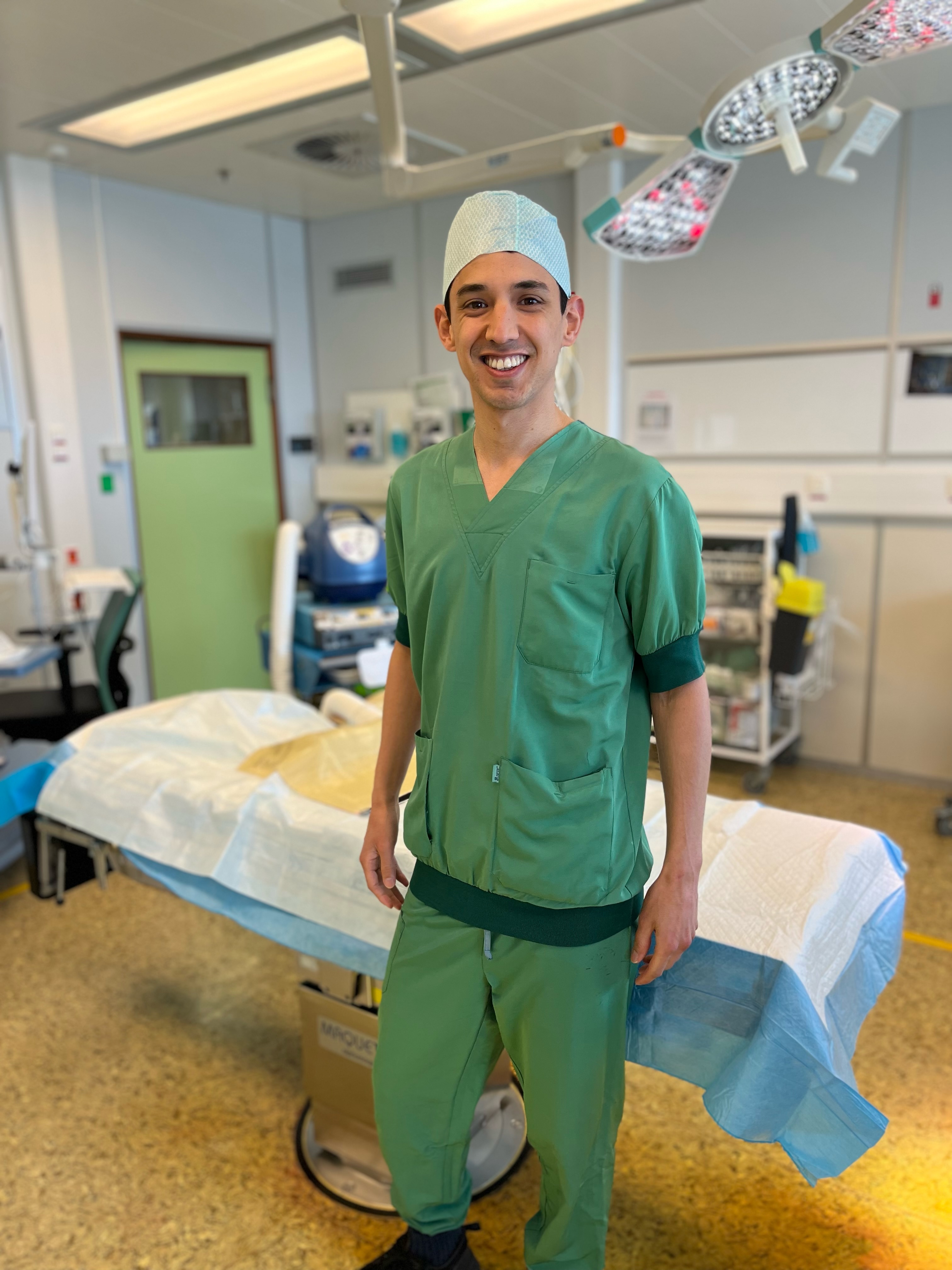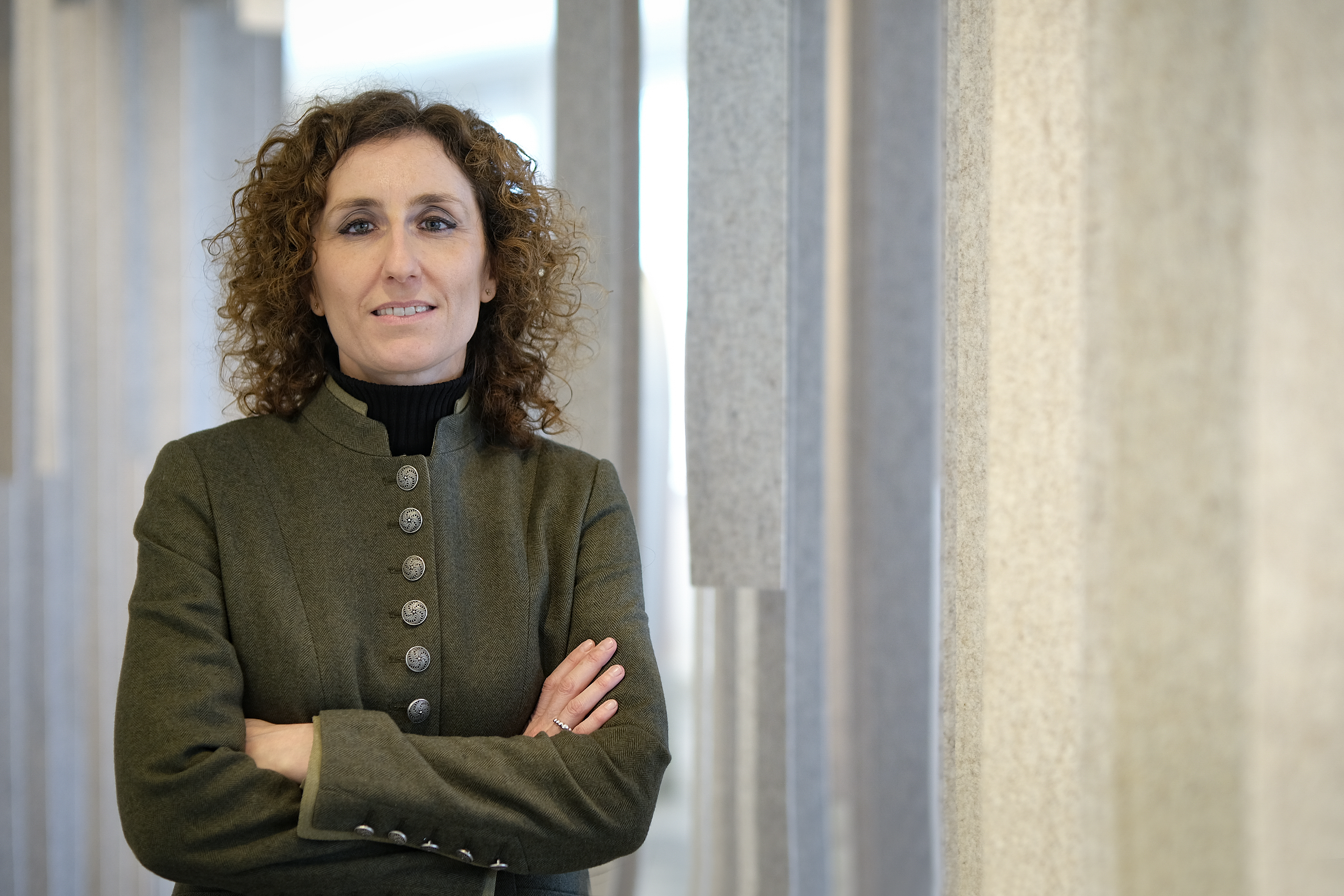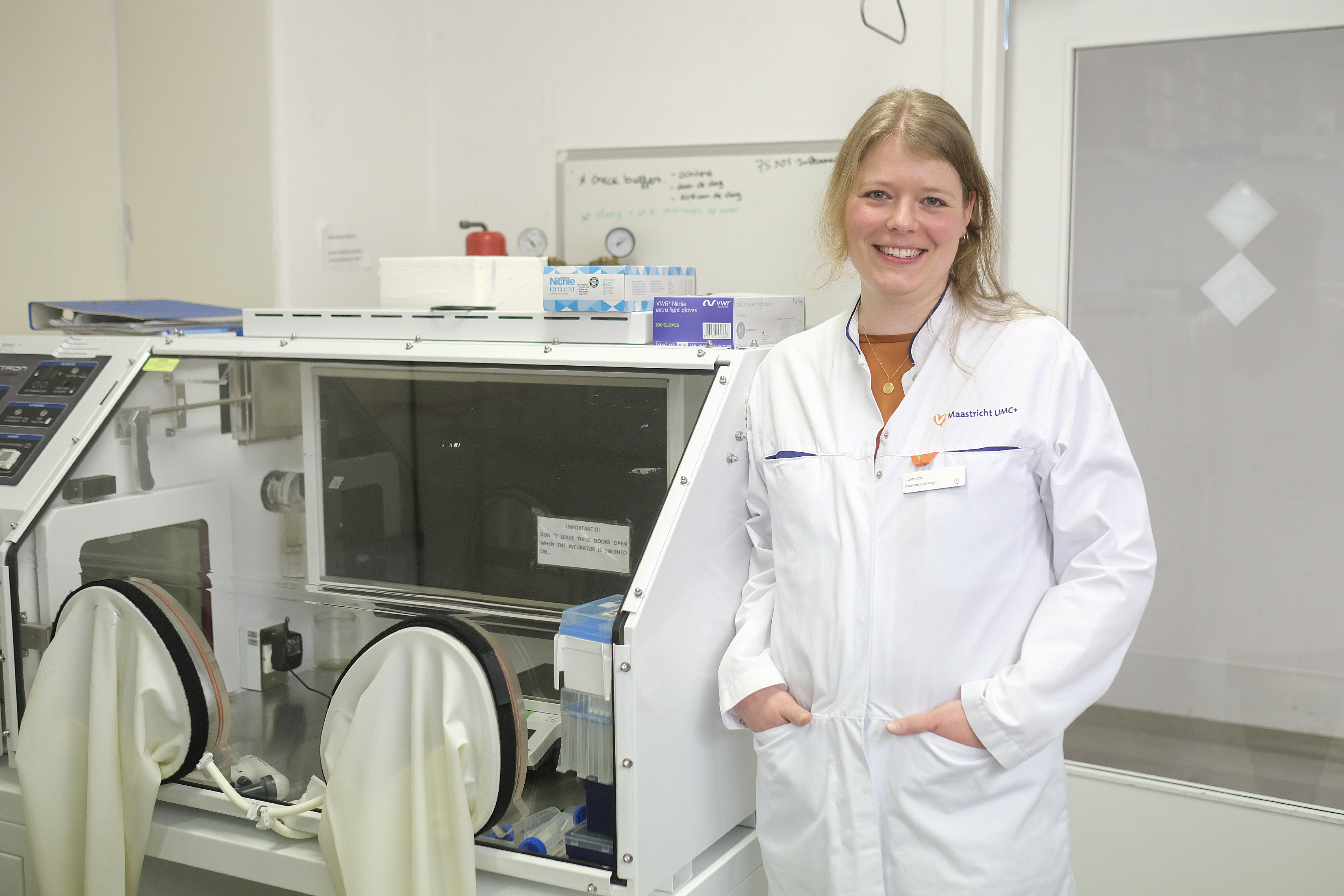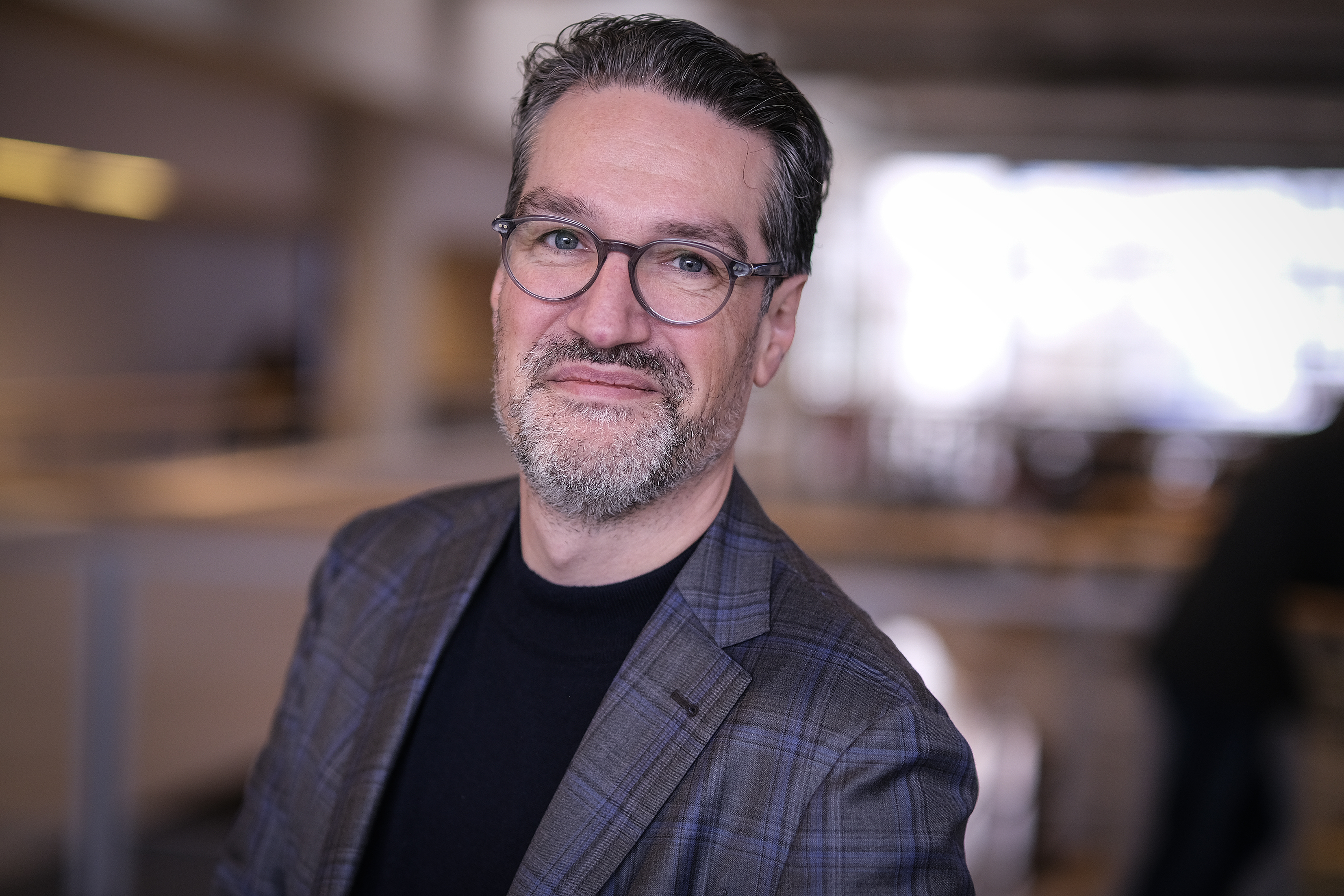Studying on the plane
Maastricht University alum and orthopaedic surgeon Yuhan Tan studied medicine while competing in badminton at the highest level. Juggling student life and competitive sport was challenging, but doable. He received support from the university in the form of acquired skills, accessible lecturers and an educational vision that prioritises independence.
Which is not to say he never had moments of doubt. How could he combine competitive sport with clinical rotations, for example, when students spend long hours at the hospital? “Other students warned me off, but one of my lecturers encouraged me. If you really commit and do your best, it can be done. And that’s exactly what I did.” It was an instructive experience, one he looks back on with fondness. “Just because few people combine their studies with competitive sport doesn’t mean it’s impossible.”
The university offered him ample opportunity to do so. “From day one, we were taught to think and work independently. We were expected to get ourselves organised and take responsibility for our own learning. It also helped that the lecturers were easy to approach. As a competitive athlete, having so much freedom was perfect for me. I could decide for myself when to study.” He didn’t have an active student life. “When I wasn’t on campus, I was either training or competing abroad.”
Musculoskeletal system
After finishing high school, Tan had been a full-time athlete for four years when he decided to pursue a medical degree. Maastricht was the nearest major university to his hometown of Bilzen. As a bonus, he wouldn’t have to take an entrance exam, unlike in Belgium. “I would’ve had to brush up on my hard sciences—maths and chemistry.” He later decided to specialise in orthopaedics. “I’d seen up close the impact injuries can have on athletes. That led to my interest in musculoskeletal injuries.” He also likes the practical nature of the specialism. “There are all kinds of technical skills to master, including surgical procedures. And it’s very rewarding—you see results quickly.”
For Tan, studying often meant improvising. He barely took a holiday in those six years, and often found himself cramming on the plane. “During a tournament in Basel, I played on Tuesday, flew home that evening, sat an exam on Wednesday, and then flew back to compete again.” At the same time, he benefited from his studies. “Some pros were devastated after losing a match. My world never fell apart; I could put setbacks into perspective, as I always had my studies to fall back on.”
Explosive
Tan was introduced to the sport by his father, who comes from badminton-crazy Indonesia. He began winning tournaments as a child. “It motivated me to train more and more.” When people think of badminton, they often think of swinging at a shuttlecock while camping; a racket in one hand, a beer in the other. That doesn’t do it justice, Tan says. “It’s technical, explosive and fast. Smash speeds can reach over 400 kilometres an hour. You need excellent tactical skills and mental resilience.”
Tan won the Belgian national championships eleven times and was one of the best players in Europe. He competed in the Olympics in London in 2012 and Rio de Janeiro in 2016, where he came in 29th place. He looks back on the experience with mixed feelings. “It was great to compete at the highest level, but I was playing against the big names, the best of the best. Then again, they’re also under enormous pressure, so there’s always a chance.” Tan once managed to beat one of the big names from Indonesia. “It was nice to have family from Indonesia congratulate me on that win. Everyone watches badminton there.”

Yuhan Tan
Yuhan Tan studied Medicine at Maastricht University, graduating cum laude. He is an eleven-time Belgian national badminton champion and a two-time Olympian. Tan specialised in orthopaedic surgery and serves on the Athlete Committee of the World Anti-Doping Agency.
The interests of athletes
Tan was 33 when he quit top-level badminton to focus on administrative roles. He served as chair of the Athletes’ Commission of the World Badminton Federation and later the Athletes’ Commission of the Belgian Olympic Committee. “It was out of interest. I enjoyed participating in competitive sport, but I was always aware that there’s an entire organisation behind it. It’s a fascinating glimpse behind the scenes, into how certain decisions are made. I want to promote the interests of athletes.”
He recently joined the Athlete Committee of the World Anti-Doping Agency, which advocates for doping-free sport. Tan believes he owes this position to his medical background. “I’m the point of contact for all athletes and speak for them in debates. The goal is to strike a balance between doping control and respecting athletes. You don’t want a repressive policy that intrudes on athletes’ privacy. Doping control has to be proportional. After all, the vast majority of athletes are clean. As a committee member, I try to help find the right balance.”
I enjoyed participating in competitive sport, but I was always aware that there’s an entire organisation behind it. It’s a fascinating glimpse behind the scenes, into how certain decisions are made. I want to promote the interests of athletes.
Chairing meetings
In his administrative roles, Tan relies on the knowledge and skills he acquired during his studies, from running discussions to chairing meetings. “We started meeting in biweekly tutorials early on, with one student leading the discussion and another taking the minutes. And of course, I still try to think independently and take responsibility for my decisions.”
Text: Hans van Vinkeveen
Photography: Yuhan Tan
Also read
-
Berta Cillero Pastor is an Associate Professor and group leader at the MERLN Institute for Technology-Inspired Regenerative Medicine. Her research is centred around mass spectrometry (imaging) to gain insights into molecules in cells and tissues for biomedical research. With this technique, changes...
-
On February 8, 2024, Ziemons received her PhD from Maastricht University for the dissertation “The role of the gut microbiota in human cancer, the power of an equilibrium". This dissertation is the result of Ziemons' research on the role of the microbiota in cancer – colorectal cancer but also...
-
Last November, Rory Koenen delivered his inaugural lecture following his appointment as a professor in 2023 at the research institute CARIM. The chair he holds is "Biochemistry of Vascular Inflammation and Thrombosis," and Rory's research can be best described as the quest to understand the role of...


